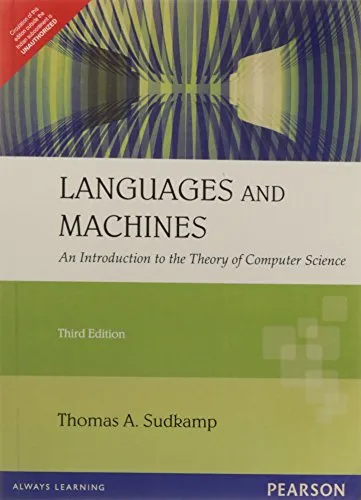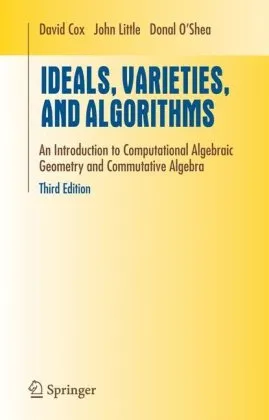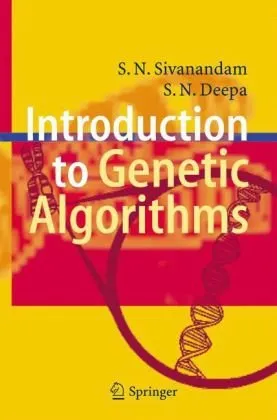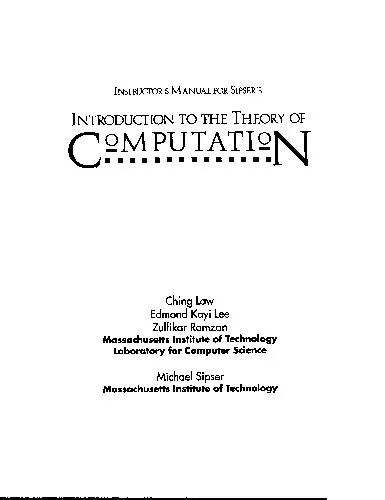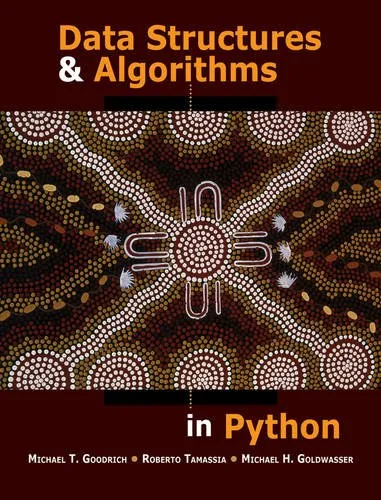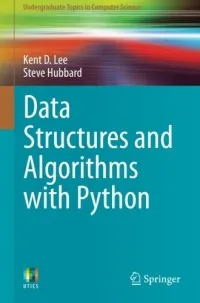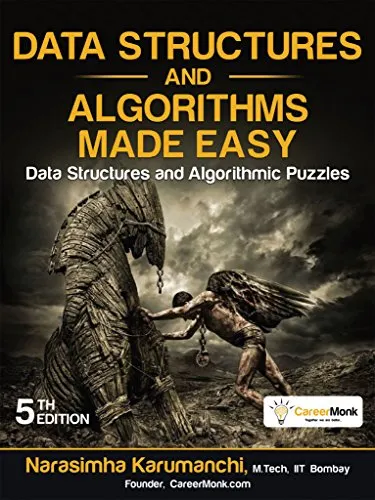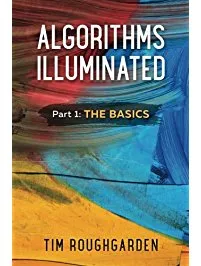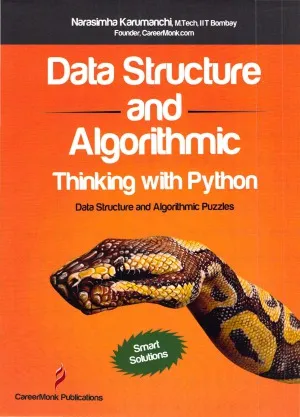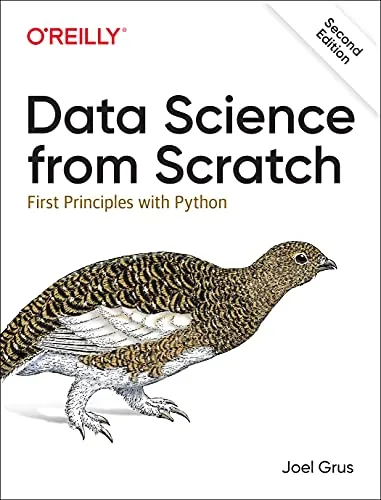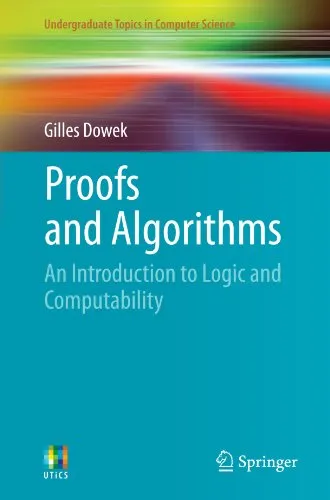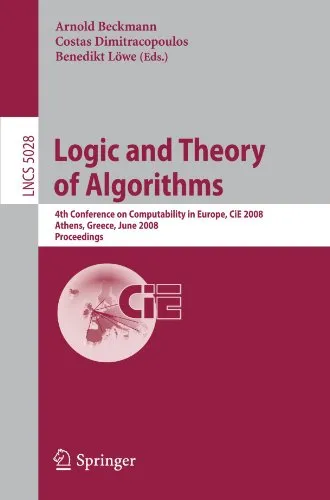Languages and Machines: An Introduction to the Theory of Computer Science (2nd Edition)
4.0
Reviews from our users

You Can Ask your questions from this book's AI after Login
Each download or ask from book AI costs 2 points. To earn more free points, please visit the Points Guide Page and complete some valuable actions.Related Refrences:
Introduction to "Languages and Machines: An Introduction to the Theory of Computer Science (2nd Edition)"
"Languages and Machines: An Introduction to the Theory of Computer Science (2nd Edition)" by Thomas A. Sudkamp is an essential text for those seeking an in-depth understanding of the foundations of theoretical computer science. The book serves as a comprehensive guide to formal languages, automata theory, computation, and the mathematical underpinnings of these topics.
This book is designed for students, educators, and professionals who are eager to explore the core concepts that define computer science theory. Combining clarity, rigor, and a structured approach, it simplifies complex topics while maintaining mathematical precision. Whether you are new to the field or revisiting core principles, this book provides the tools to gain mastery in understanding how machines process, compute, and interpret information through formal systems.
A Detailed Summary of the Book
The second edition of "Languages and Machines" delivers an updated and thoroughly refined exploration of computer science theory. This edition builds upon the success of its predecessor by introducing more nuanced examples, updated exercises, and expanded explanations.
The book primarily revolves around the relationship between computer systems and computational processes. It focuses heavily on three key areas:
- Formal Languages: The study of structured symbol systems used in computational logic and programming languages.
- Automata Theory: The analysis of abstract machines like finite automata, pushdown automata, and Turing machines, which serve as the backbone of computation.
- Computability and Complexity: Topics such as decidable and undecidable problems, the limits of computability, and time complexity classes like P and NP.
The book progresses methodically, introducing readers to preliminary mathematical tools like sets, logic, and functions before diving into formal languages, regular grammars, and automata. Context-free grammars and pushdown automata are explored in depth, leading to the analysis of Turing machines and the computational limits they present. In the latter chapters, the book delves into computational complexity and explores some of the most thought-provoking and unsolved questions in computer science.
Key Takeaways
Readers of "Languages and Machines" will leave with a transformed understanding of computer science and its theoretical essence. The key benefits of studying this book are:
- Foundational Knowledge: Gain a solid understanding of the principles that govern how machines and languages interact.
- Analytical Skills: Develop the ability to construct proofs, analyze computational models, and articulate mathematical reasoning.
- Deeper Insights: Understand the limitations of computation and grapple with concepts like undecidability and complexity classes.
- Practical Applications: Learn how these theoretical underpinnings are applied in designing efficient algorithms, compilers, and even artificial intelligence systems.
Each chapter is structured to build on the previous one, ensuring a clear, logical progression through the material. Exercises, examples, and problems reinforce learning and provide opportunities for hands-on application.
Famous Quotes from the Book
Thomas A. Sudkamp's writing is both insightful and thought-provoking. Here are some memorable quotes from the text:
"Languages are the cornerstone of computation, linking the abstract with the practical."
"The study of automata is not an end in itself but a means to understand the very essence of computation."
"To understand what a machine can and cannot do is to gain insight into the limits of human thought."
These quotes capture the essence of the book, emphasizing the profound connection between theoretical exploration and practical application.
Why This Book Matters
"Languages and Machines: An Introduction to the Theory of Computer Science (2nd Edition)" is more than just a textbook—it is a cornerstone in the study of theoretical computer science. Here’s why it has proven to be an indispensable guide for learners:
- Comprehensive Coverage: The book provides an exceptional breadth of topics, from foundational definitions to complex ideas in automata and computability.
- Clear Explanations: Sudkamp masterfully balances the rigor of formal mathematics with accessible explanations, making challenging concepts understandable.
- Applicability: The principles discussed in the book have far-reaching implications in areas such as programming languages, artificial intelligence, and cybersecurity.
- Timeless Value: The theoretical foundations presented have stood the test of time and continue to underpin advances in modern computing systems.
For anyone pursuing a career in computer science or seeking to understand the mathematical theories behind how machines work and think, this book is an invaluable companion.
Free Direct Download
You Can Download this book after Login
Accessing books through legal platforms and public libraries not only supports the rights of authors and publishers but also contributes to the sustainability of reading culture. Before downloading, please take a moment to consider these options.
Find this book on other platforms:
WorldCat helps you find books in libraries worldwide.
See ratings, reviews, and discussions on Goodreads.
Find and buy rare or used books on AbeBooks.
1406
بازدید4.0
امتیاز0
نظر98%
رضایتReviews:
4.0
Based on 0 users review
Questions & Answers
Ask questions about this book or help others by answering
No questions yet. Be the first to ask!
